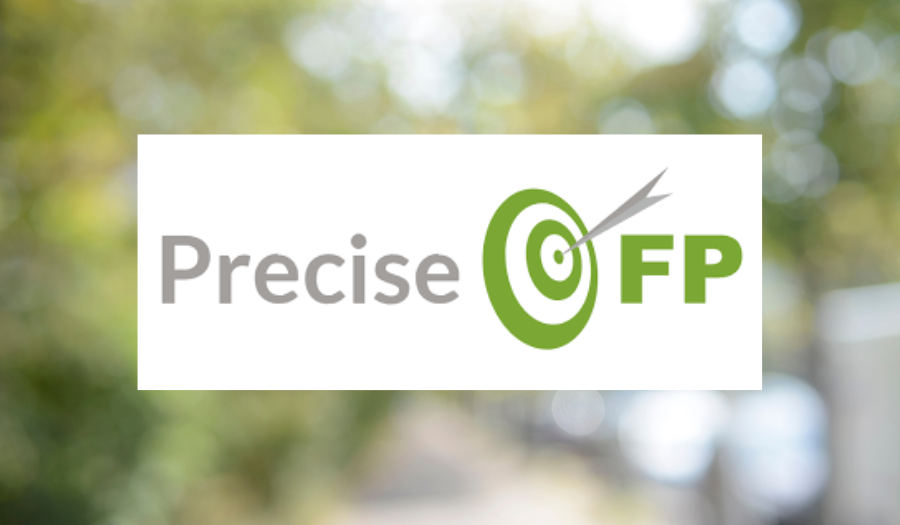Author Info

Allison Warner is the Corporate Marketing Director at USA Financial, where she leads the development and implementation of corporate...

In today’s rapidly evolving business landscape, technology has become a powerful catalyst for innovation. Artificial intelligence (AI) is revolutionizing industries with automating tasks and providing enhancements to processes which have unlocked new opportunities. AI-powered technology, for instance, is transforming traditional support roles, providing businesses with tools that can improve workflow efficiency and strategic capabilities.
As AI continues to advance, businesses that embrace this technology will be well-positioned to thrive in the digital age. To help you unlock the full potential of AI, we’ve put together a short list of three ways your team can use AI to support your financial advisory practice.
As you know, client communication goes beyond annual review meetings and client events. AI tools can help you and your support staff maintain consistent, personalized contact with your clients. While you focus on the planning and review prep that goes into those annual in-depth client meetings, your team can tap into AI technology tools to help manage routine touchpoints.
Practical applications include:
Repetitive administrative tasks can drain your team's energy, and, in our industry, they can be particularly time-consuming due to regulatory requirements. AI technologies offer solutions by automating processes. From email management to scheduling, these tools can significantly reduce administrative overhead.
Potential operational improvements:
Content development requires creativity and strategic thinking. And quite frankly, it takes time. AI can support your marketing efforts by helping your team develop and customize client communications while maintaining your firm’s brand / tone of voice and compliance requirements.
AI content support features:
Last, but not least it’s important to note that the human element remains crucial.
While AI offers incredible support, it’s not about replacing people—it’s about empowering them. These tools enable your team to handle routine tasks more efficiently, allowing them to focus on what technology can't replace—building trust, understanding client goals, and providing personalized financial guidance. By integrating AI thoughtfully, businesses can create more agile, responsive, and innovative work environments. The goal is collaboration: leveraging technology to amplify human potential and drive meaningful business progress.
Are you ready to explore how AI can transform your financial advisory practice?

Allison Warner is the Corporate Marketing Director at USA Financial, where she leads the development and implementation of corporate...

In today’s fast-paced, digitally driven world, financial advisors need tools that not only streamline operations but also enhance client engagement and security. One tool leading the charge in advisor efficiency is FutureVault, a secure digital document vault solution designed specifically for wealth advisors.

In an industry where every minute counts, financial advisors need tools that can enhance productivity and simplify workflows. Whether you’re focused on growing your client base or deepening existing relationships, having access to the right financial advisor technology is key to building a streamlined, client-centered experience.

In recent years, industries have undergone transformations which have compelled businesses to adapt and innovate in order to remain competitive. For example, the rapid advancement of artificial intelligence (AI) has transformed our digital landscape over the past year. As marketers, it's crucial to adapt to change and stay ahead of the competition. This means being constantly aware of emerging trends, technologies, and customer behaviors.

In today’s fast-paced, digitally driven world, financial advisors need tools that not only streamline operations but also enhance client engagement and security. One tool leading the charge in advisor efficiency is FutureVault, a secure digital document vault solution designed specifically for wealth advisors.

In an industry where every minute counts, financial advisors need tools that can enhance productivity and simplify workflows. Whether you’re focused on growing your client base or deepening existing relationships, having access to the right financial advisor technology is key to building a streamlined, client-centered experience.

In recent years, industries have undergone transformations which have compelled businesses to adapt and innovate in order to remain competitive. For example, the rapid advancement of artificial intelligence (AI) has transformed our digital landscape over the past year. As marketers, it's crucial to adapt to change and stay ahead of the competition. This means being constantly aware of emerging trends, technologies, and customer behaviors.